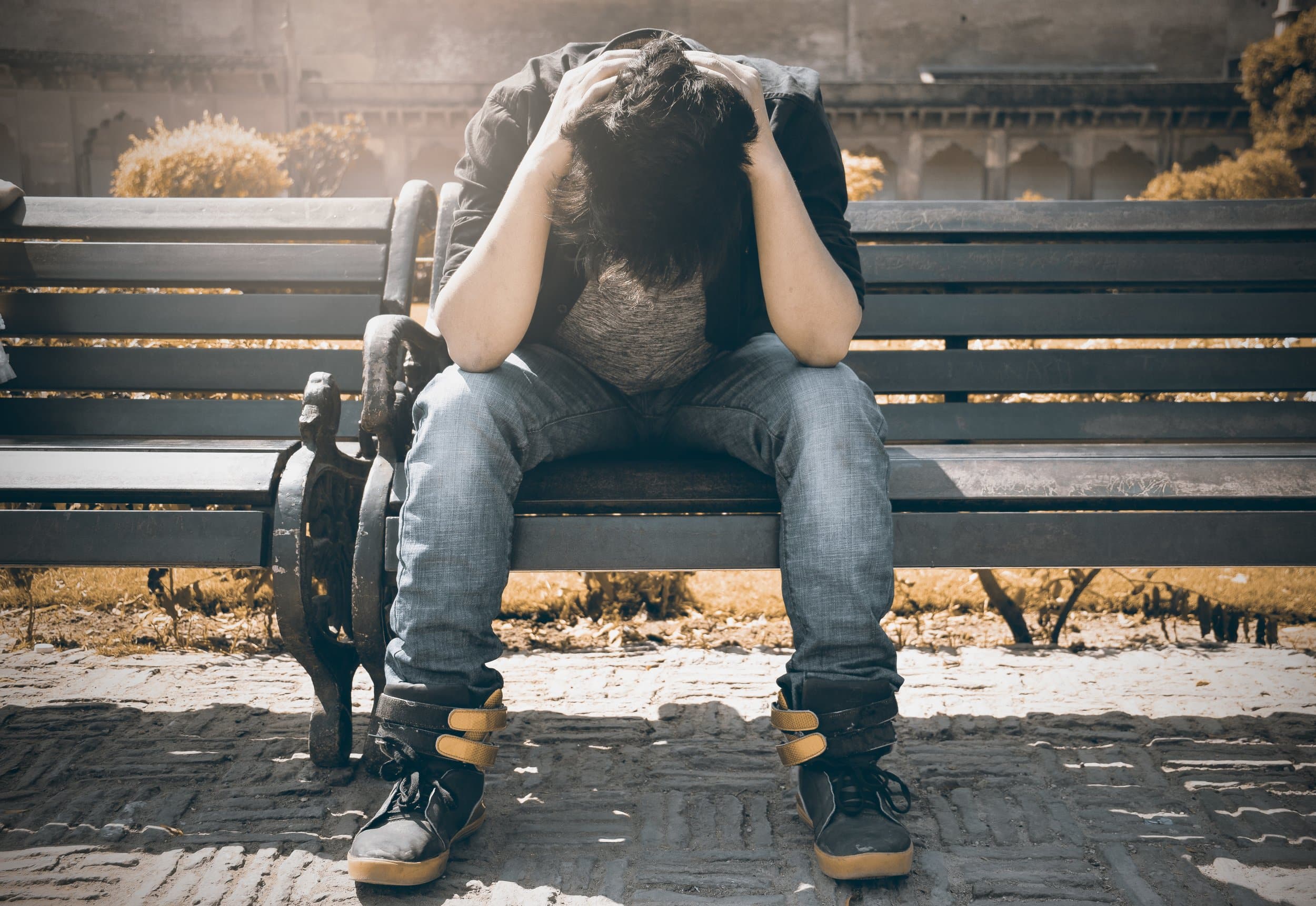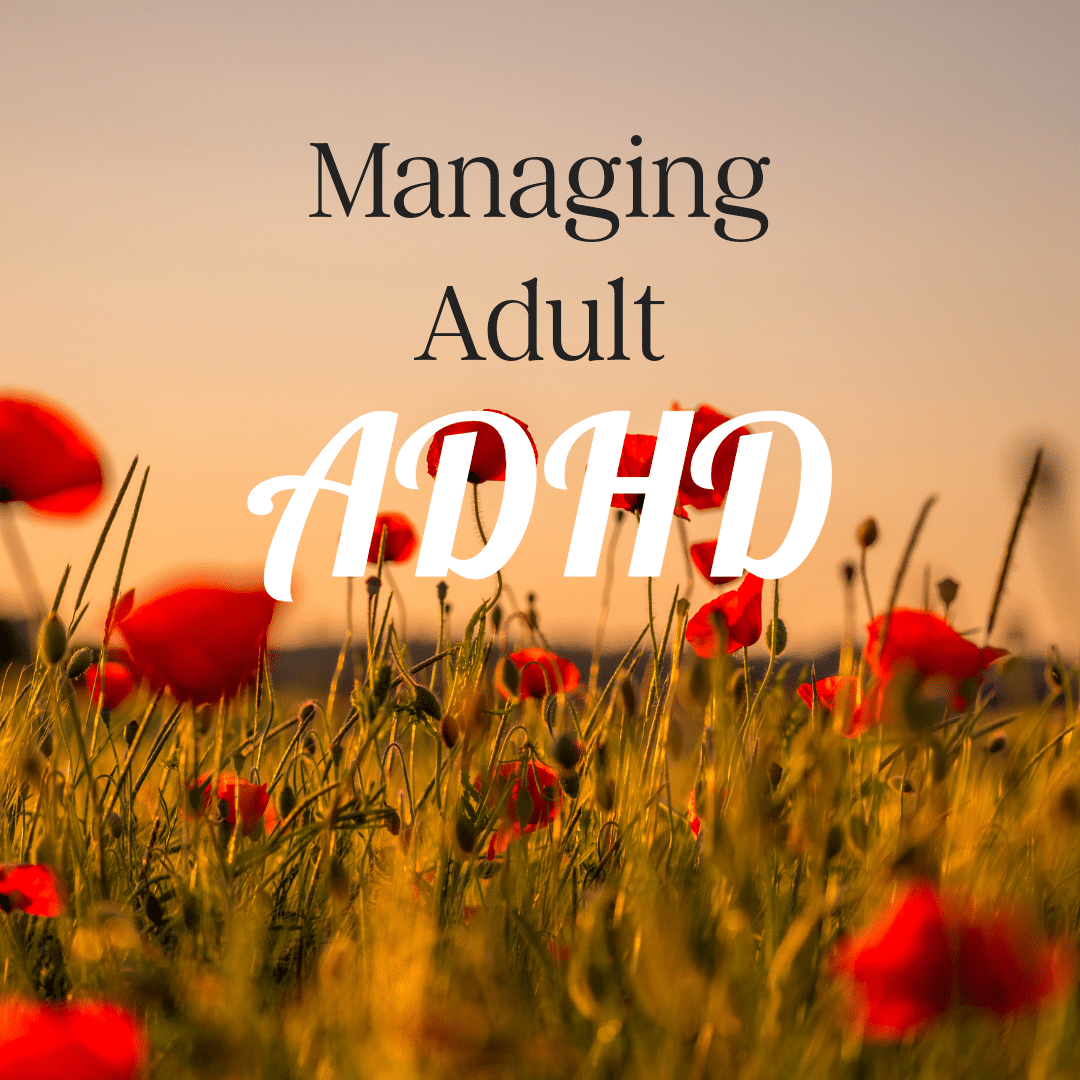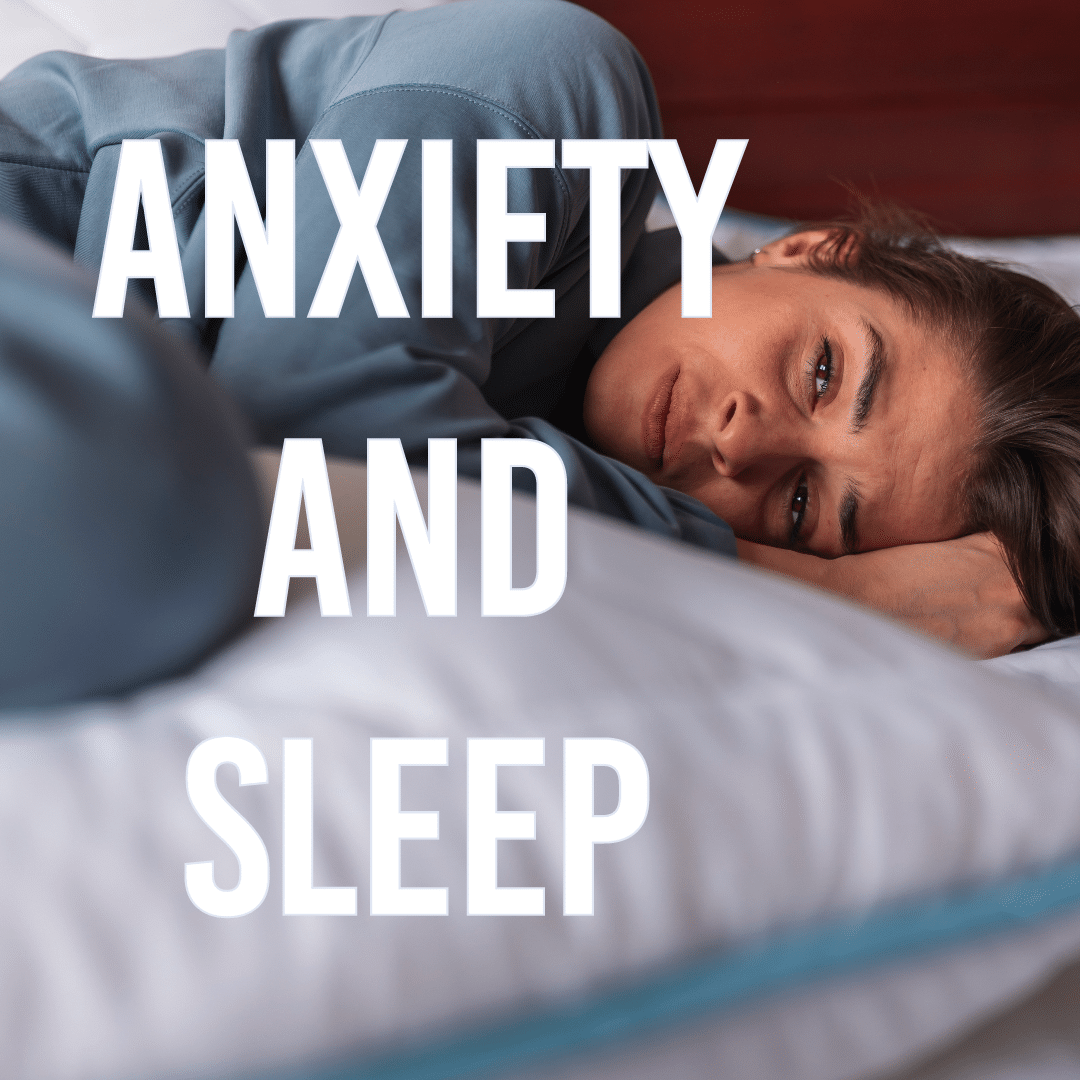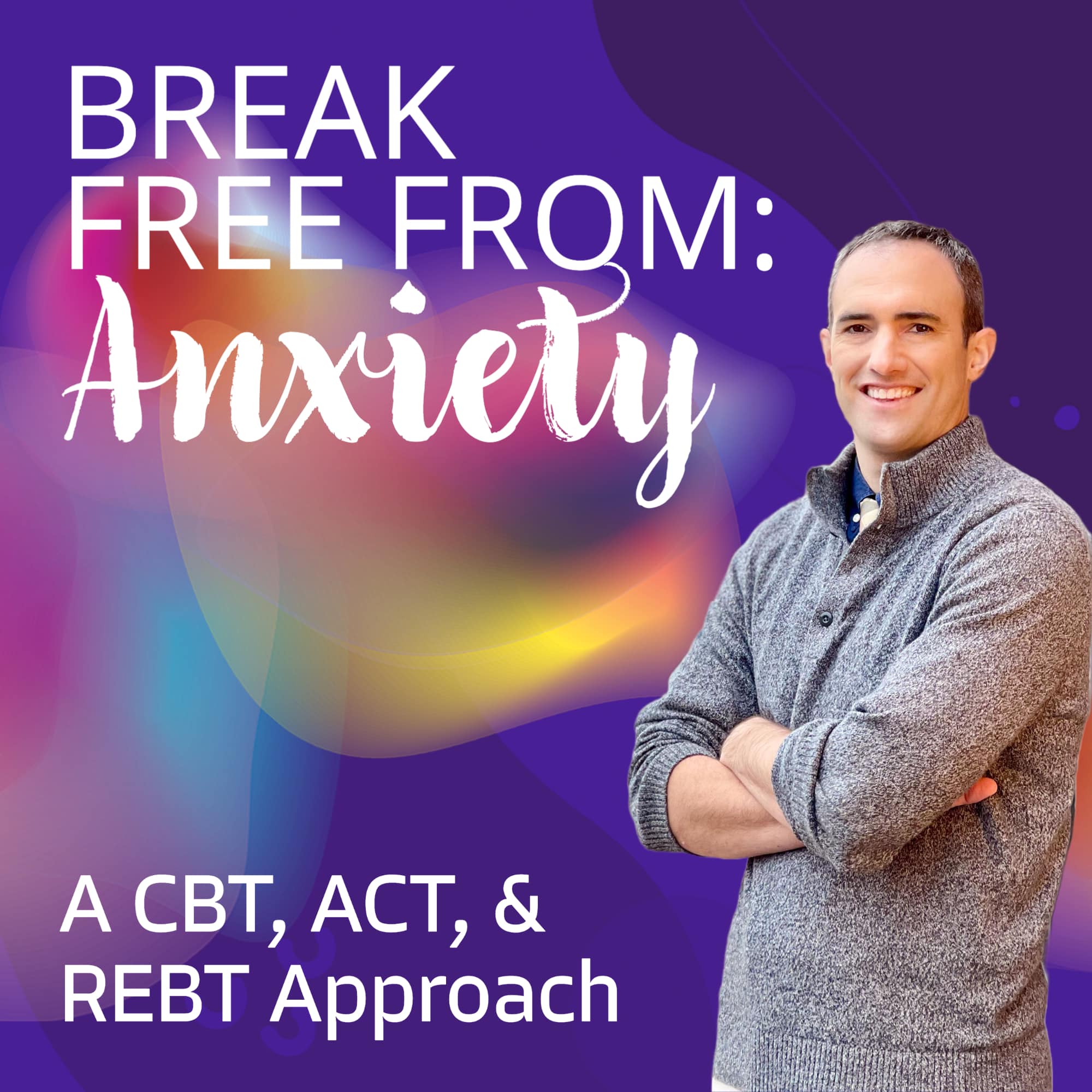
Updates in Treatment Resistant Depression
Retirement: A Double‑Edged Transition
Retirement grants freedom from deadlines and commutes, yet it also strips away many of the non‑financial benefits of work—daily camaraderie, purposeful routines, and health‑promoting social contacts that help buffer stress. Above and beyond any drop in income, social‑role theory warns that losing these benefits can erode mental health and heighten depressive symptoms. For some, the sudden quiet of open calendars can feel less like leisure and more like unwelcome emptiness.
Why Presence Does Not Equal Connection
Several mechanisms help explain why individuals may languish despite appearing well supported. First, cognitive biases amplify perceived separateness; people who already feel lonely tend to interpret neutral social cues—an unreturned text, a delayed smile—as confirmation of rejection. Second, the digital architecture of modern life can inflate the illusion of connection while eroding depth; high‑frequency, low‑intimacy exchanges on social media correlate with greater perceived isolation, even among those with extensive online networks.
Finally, societal norms that prize self‑reliance often deter candid disclosure of distress, leaving conversations about vulnerability suspended beneath polite surface talk. Taken together, these factors allow loneliness to flourish unobtrusively—even, and sometimes especially, in crowded rooms.
Why Isolation Gains Momentum After Leaving Work
A growing literature suggests that targeted, intentional actions can restore a felt sense of belonging. Consider incorporating the following practices:
-
Structured Self‑Disclosure. Set aside time with a trusted confidant to exchange deeper narratives—childhood influences, current fears, future hopes—using open‑ended prompts. Such reciprocal sharing increases perceived intimacy and strengthens relational satisfaction in controlled studies.
-
Quality‑Driven Social Calendaring. Replace obligatory or habitual gatherings with fewer, purpose‑built encounters oriented around mutual interests or community service. Depth consistently outperforms breadth in mitigating loneliness‑related distress.
-
Shared Goal‑Setting. Collaborating on attainable objectives—training for a 5‑k, co‑authoring a blog post, rebuilding a garden—fosters joint meaning, reinforcing the psychological glue of teamwork.
-
Mindfulness‑Informed Listening. When others speak, attend to both content and emotion without interruption. This simple discipline communicates regard and is strongly linked to an uptick in perceived support.
Collectively, these interventions recalibrate social interactions from perfunctory exchanges to moments of genuine engagement, thereby weakening the cycle of perceived disconnection.
When—and Where—to Seek Additional Support
Loneliness, left unaddressed, is associated with heightened risks of depression, cardiovascular disease, and premature mortality—hazards comparable to well‑known medical threats such as smoking or obesity. Indicators that professional assistance may be warranted include persistent sadness lasting more than two weeks, withdrawal from previously enjoyed activities, sleep or appetite disruption, and thoughts of self‑harm. In such cases, evidence‑based psychotherapies (e.g., cognitive‑behavioral therapy for social cognition, interpersonal therapy for relationship patterns) have demonstrated efficacy. Mental‑health clinicians can also coordinate group modalities—support groups, skills workshops—that provide direct experiential antidotes to isolation.
For many, however, formal treatment is only one piece of the solution. Community resources—volunteer organizations, faith communities, alumni networks, and hobby clubs—supply fertile ground for cultivating organic, enduring bonds. The overarching goal is not to accumulate contacts, but to experience mutual understanding and shared purpose. By adopting deliberate social habits and, where needed, seeking clinical guidance, individuals can journey from silent detachment toward a robust sense of connectedness—even while remaining in the very same rooms they once found so lonely.
| Goal | Action Step | Why It Works |
|---|---|---|
| Rebuild Routine | Keep a weekday wake‑up time, schedule exercise right after breakfast, and designate one afternoon for errands. | Predictable structure counteracts aimlessness and provides built‑in touchpoints with others (e.g., gym partners, store clerks). |
| Leverage Former Skills | Offer your expertise—accounting, carpentry, mentoring—through local nonprofits or online platforms such as ElderMentor. | Purposeful volunteering replaces the “sense of meaning in life” that employment once delivered. |
| Cultivate Micro‑Connections | Greet neighbors by name, chat briefly with the barista, or join a library discussion group. | Small, frequent interactions accumulate into a broader social safety net. |
| Adopt Technology Judiciously | Learn video‑calling basics or try voice‑assisted devices for reminders to phone friends. | Digital contact is not a full substitute for face‑to‑face visits, but it keeps dialogue alive between in‑person meetings. |
| Develop “Buddy” Accountability | Pair with another retiree to attend classes, walk, or pursue hobbies together. | Shared goals enhance commitment and offer immediate emotional support. |
In Japan, the labor force participation rate among people aged 65 years or older was 21.3% in 2014, which ranked 7th among all OECD countries, and the population of older workers increased from 4.8 million in 2004 to 6.8 million in 2014.
To maintain both the quality of life of each older individual and the financial sustainability of healthcare and long-term care systems, preventing physical and mental impairments is the key goals of public health measures for the aged. Specifically, the maintenance of mental health counts as it could be strongly affected by the stressful life events that are likely to happen in older ages.
There are several potential mechanisms through which retirement may have adverse impact on mental health. Above and beyond the immediate reduction in income, social role theory posits that retirement results in the loss of many non-financial benefits of work, such as opportunities for health-promoting social contacts and access to social support that can buffer the adverse effects of stress. Activity theory also posits that the transition to retirement results in reduced wellbeing for individuals for whom work provided meaning in life.
In the study examined the impact of changes in working status on changes in mental health using Japanese community-dwelling adults aged ≥65 years participating in the Japan Gerontological Evaluation Study between 2010 and 2013. Between-waves changes in working status (“Kept working”, “Retired”, “Started work”, or “Continuously retired”) were used to predict changes in depressive symptoms measured by the Geriatric Depression Scale.
The variables studied including household income, marital status, instrumental activities of daily living, incidence of serious illnesses and family caregiving.
The study showed that the transition to retirement in both men and women and sustained retirement in men were associated with increased depressive symptoms among Japanese older adults. The associations between retirement and increased depressive symptoms remained after additionally adjusting for changes in social contacts and social support, suggesting that they did not mediate the impact of retirement on mental health at least among Japanese older adults. There was a statistically non-significant trend that men from higher occupational class backgrounds appeared to be less influenced by sustained retirement, whereas we did not find such a trend among women. No interaction was found between changes in employment status and changes in marital status.
For many, however, formal treatment is only one piece of the solution. Community resources—volunteer organizations, faith communities, alumni networks, and hobby clubs—supply fertile ground for cultivating organic, enduring bonds. The overarching goal is not to accumulate contacts, but to experience mutual understanding and shared purpose. By adopting deliberate social habits and, where needed, seeking clinical guidance, individuals can journey from silent detachment toward a robust sense of connectedness—even while remaining in the very same rooms they once found so lonely.
Recent Mental Health Articles
Limited Time Discount on Therapy Course for Intrusive Thoughts
Sign up for mental health news
Sign up here for our newsletter for clinic updates and mental health news.
Instagram @TelepsychHealth

Are You a Journalist Writing About This Topic?
If you are a journalist writing about this subject, do get in touch – we may be able to comment or provide a pull quote from a professional therapist.

 Bruce Bassi
Bruce Bassi



